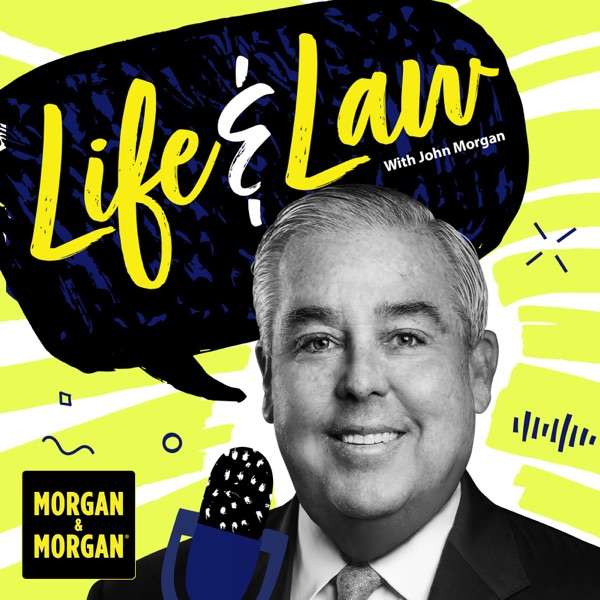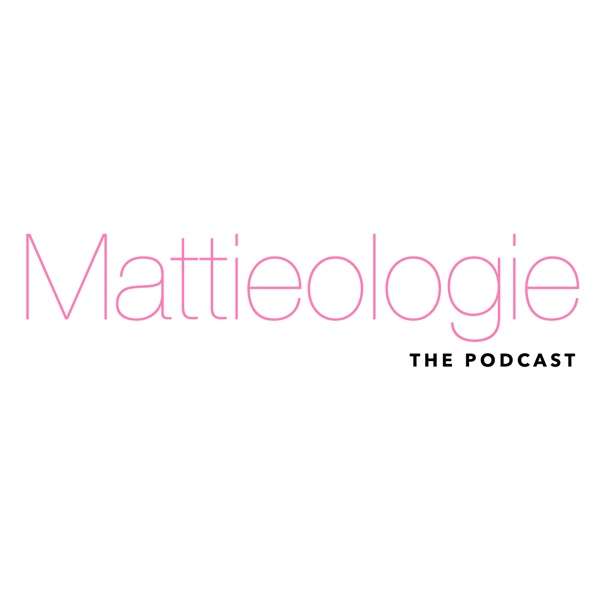The phrase "What a difference a year makes" was never truer than in 2020. A year ago, The Conference Board published its first report on the topic of how organizations manage social change, Higher Expectations: How Organizations Engage With Social Change Issues. We highlighted the fact that organizations are now being judged on the quality of their relationships with customers, employees, owners, and communities while being expected to play a role in social change conversations. These higher expectations accentuated organizations that were purpose-driven, as well as profitable.
In November 2019, the COVID-19 pandemic hit, and as it spread globally, a domino effect ensued that demonstrated weaknesses in health care systems (national and private) which cracked under the pressure of managing the magnitude of serious and fatal cases. The shock of the pandemic and shutdown measures plunged the global economy into a severe contraction, as millions lost their jobs to furloughs and layoffs. Remote work became the norm wherever possible due to government-mandated lockdowns. In addition, shortages of food and basic necessities due to supply chain disruptions caused widespread panic. Schools and facilities for childcare, seniors, and other dependents closed, creating new, 24/7 responsibilities for many employees.
In the midst of these social crises, on May 25, 2020, George Floyd was killed while in police custody in Minneapolis, Minnesota, US. Extensive protests erupted in the US and globally, from New York to Tokyo, 2 which criticized police brutality and racism against Black people. The protests did strike a chord with many organizations and prompted or required a response.
Given the new realities of 2020, The Conference Board decided to repeat its 2019 survey to see whether organizations are responding differently to social change issues and whether employees think differently about how organizations should respond. In this study, we investigated 16 human capital-related social change issues. To ensure that we measured various facets of this topic, we combined a short online survey with nearly 850 global respondents (with 43 percent outside North America) with a literature review. This report sheds light on changes around the globe in employee sentiment and in how organizations are rising to the challenge of meeting new expectations for business. (See "About This Report" on last page for more detail about the survey.)
The Conference Board defines an organizational response to social change issues as: The use of an organization's leadership, brand, and resources to respond, internally and/or externally, to changing cultural and social norms.

 Our TOPPODCAST Picks
Our TOPPODCAST Picks  Stay Connected
Stay Connected






